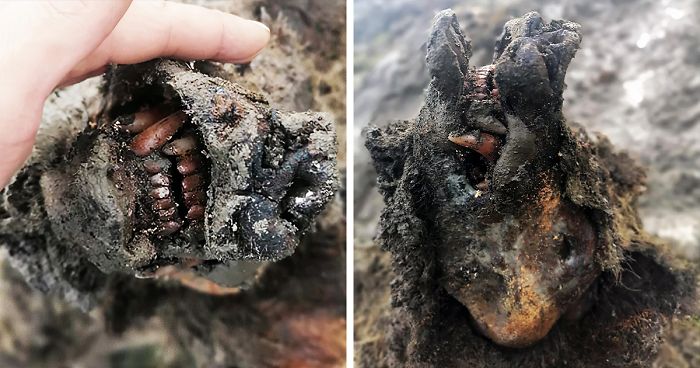
Perfectly Preserved Remains Of A 40,000-Year-Old Ice Age Cave Bear Were Just Discovered In Siberia
Bears are pretty badass creatures. Sure, there are cutesy bears, like pandas and sun bears, but there are also big buff grizzlies and polar bears… and pizzlies, which are grizzlies and polar bears in one. The more you know!
Well, bears just got a bit more badass now that science has discovered a very well-preserved carcass of a prehistoric species of cave bear believed to have gone extinct around 15,000 years ago. Yeah, bears are so cool, they resist the decay of time. Which is super cool.
Science discovered a well-preserved prehistoric cave bear believed to be 22,000—39,500 years old
Image credits: NEFU
So, some reindeer herders in Yakutsk, Russia have recently stumbled upon a preserved carcass of an entire cave bear (Ursus spelaeus), more specifically a prehistoric species (or even subspecies) that lived in Eurasia in the Middle and Late Pleistocene period. Unfortunately, it went extinct around 15,000 years ago.
The cave bear was found in good condition (well, relatively speaking as fossilized carcasses go) as until now, scientists were only able to find skulls and bones of these creatures. This specimen, however, still has soft tissue and the body was found in its entirety. The carcass was found on one of the Lyakhovsky Islands
Oh, and you better believe when I say that they found the cave bear giving a very aggressive grin with its teeth out and everything! I guess there is no other way a bear could ever go down apart from striking an appropriate facial expression.
It is said to be in perfect condition (as far as preservation goes) with all of its soft tissue intact
Image credits: NEFU
“Today this is the first and only find of its kind—a whole bear carcass with soft tissues,” said scientist Lena Grigorieva. “It is completely preserved, with all internal organs in place, including even its nose. Previously, only skulls and bones were found. This find is of great importance for the whole world.”
Not much is known yet about the prehistoric species as studies are still on their way (which Russian and foreign scientists are invited to join). It is, however, speculated that the cave bear could be as old as 22,000 to 39,500 years. More accurate numbers are still on their way.
This discovery is a crucial one because up till now scientists were able to find skulls and bones only
Image credits: NEFU
Prehistoric cave bears used to be as big as polar bears, but, unlike polar bears, they were herbivorous. They had heavily-built bodies with large heads, domed craniums with steep foreheads, and small eyes. It is believed that the average weight of said bear was around 900–1,100 pounds or 400 to 500 kilograms.
“It is necessary to carry out radiocarbon analysis to determine the precise age of the bear,” explained Maxim Cheprasov, Senior Researcher at the Mammoth Museum Laboratory in Yakutsk. “The finder transferred the right to research to the scientists of NEFU.”
In a separate search, a cave bear cub was also found, whose DNA scientists are aiming to obtain
Image credits: NEFU
It is said that a scientific program for a comprehensive study of this new finding will be prepared shortly. The cave bear carcass will be studied using molecular genetic, cellular, microbiological, and a number of other modern scientific research methods.
In a separate search, scientists were also able to find a cave bear cub, whose DNA they are also aiming to obtain through further study.
The NEFU science team will conduct research and is inviting other Russian and foreign scientists to join
Image credits: NEFU
In recent years, researchers were lucky enough to find a number of discoveries that are considered major, including mammoths, woolly rhinos, an Ice Age foal, puppies, and even cave lion cubs after the permafrost melted in areas of Siberia.
What are your thoughts on this? Are you a fan of bears? Let us know in the comment section below!
Here’s how the internet reacted to the news about the finding of this prehistoric cave bear
Replying to some twitter questions: Yes they are going to try and clone it. They are attempting to do that with ALL extinct animals. Either from our intervention of from the ice age up until they successfully clone the first extinct animal
Replying to some twitter questions: Yes they are going to try and clone it. They are attempting to do that with ALL extinct animals. Either from our intervention of from the ice age up until they successfully clone the first extinct animal

 Dark Mode
Dark Mode 

 No fees, cancel anytime
No fees, cancel anytime 


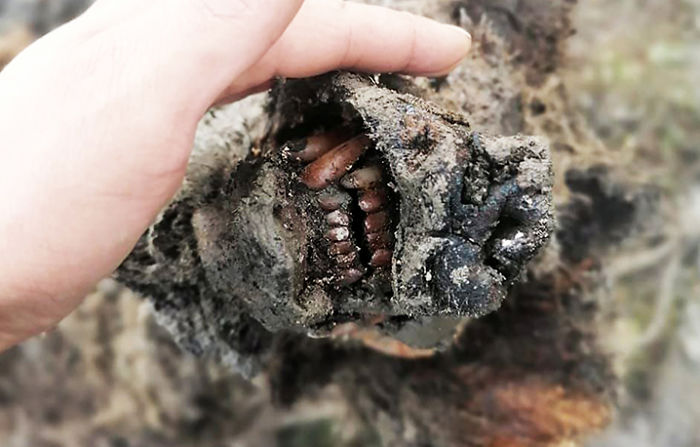
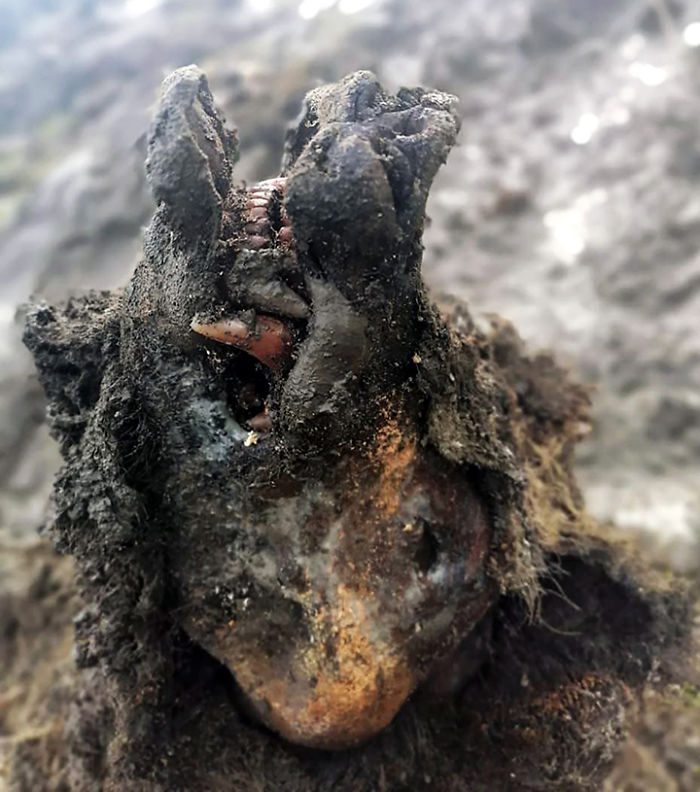
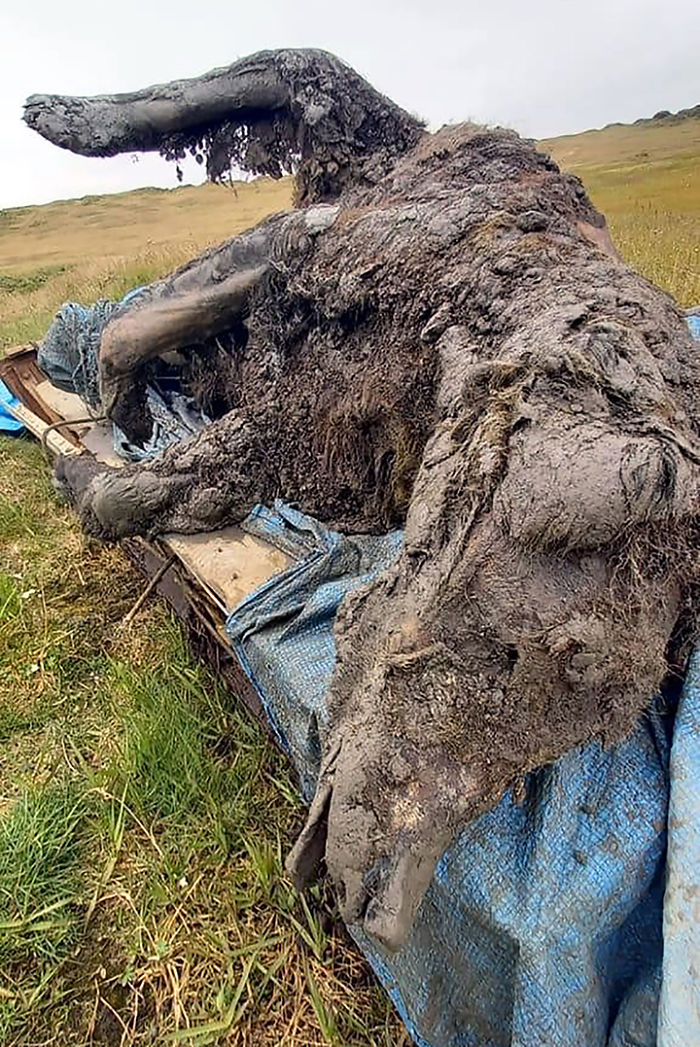

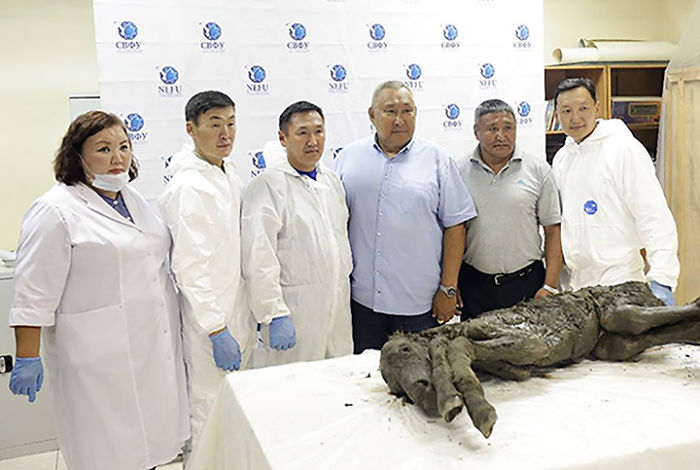















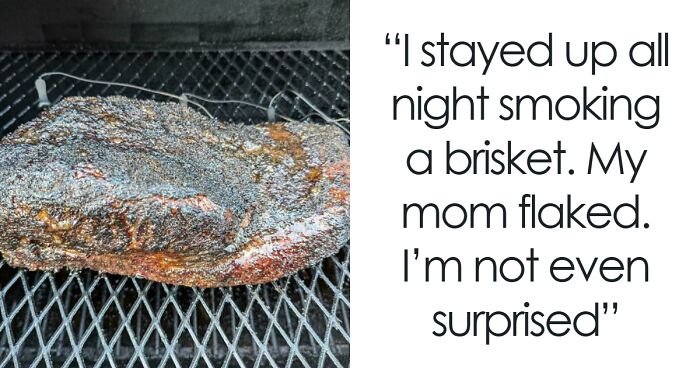



















158
19